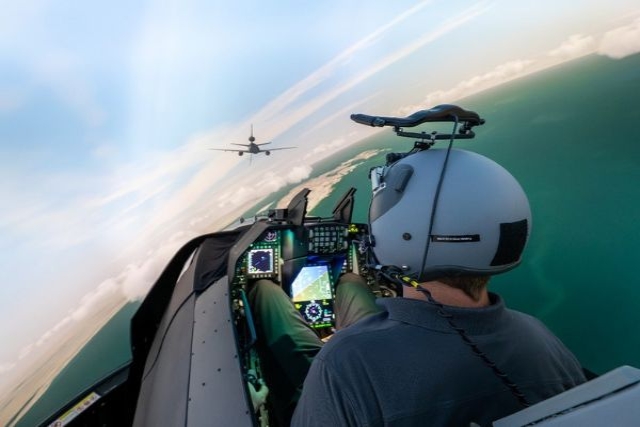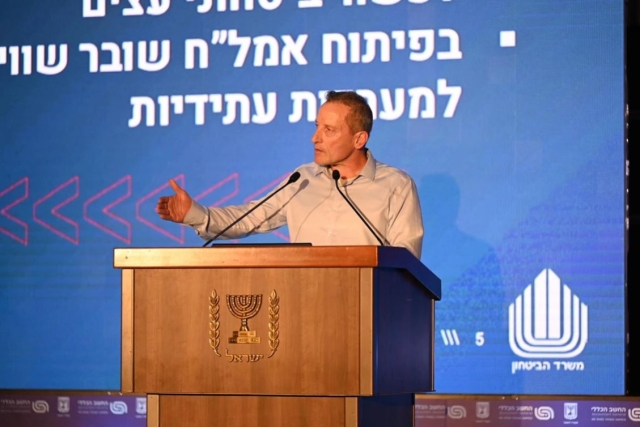Army Science Conference To Focus On 'Disruptive Technology'
WASHINGTON --- Research that may one day help better train soldiers, along with helping them heal both physically and psychologically, will be showcased at the 26th Army Science Conference Dec. 1-4 in Orlando, Fla.>> Dr. John Parmentola, director for Army research and laboratory management, said this year the Army has chosen to focus the conference on what it believes will lead to "disruptive technology.">> "At the Army Science Conference we are showcasing seven areas we believe will give rise to disruptive technologies for our soldiers in the future," he said. "It is not just the individual areas themselves, but it is also the synergy that exists among these areas.">> A disruptive technology radically changes the way things have been done in the past: the telephone over the telegraph, digital photography over film, desktop publishing over traditional publishing and the automobile and tuck over rail transportation.>> One of the seven areas of research the Army will showcase at the conference is neuroscience. Parmentola said understanding how the brain works -- the primary focus of the study of neuroscience research -- is important because it leads to development of better training for soldiers as well as better diagnosis of both traumatic brain injuries and post traumatic stress disorder.>> "We are trying to utilize the capabilities of neuroscience through various types of brain scans to try to identify objective measures that will enable us to understand when a soldier has suffered from PTSD or for example TBI," he said.>> The Army is funding research that measures how the impact of a shock wave from something like an improvised explosive device might affect both a soldier's skull and brain, Parmentola said.










